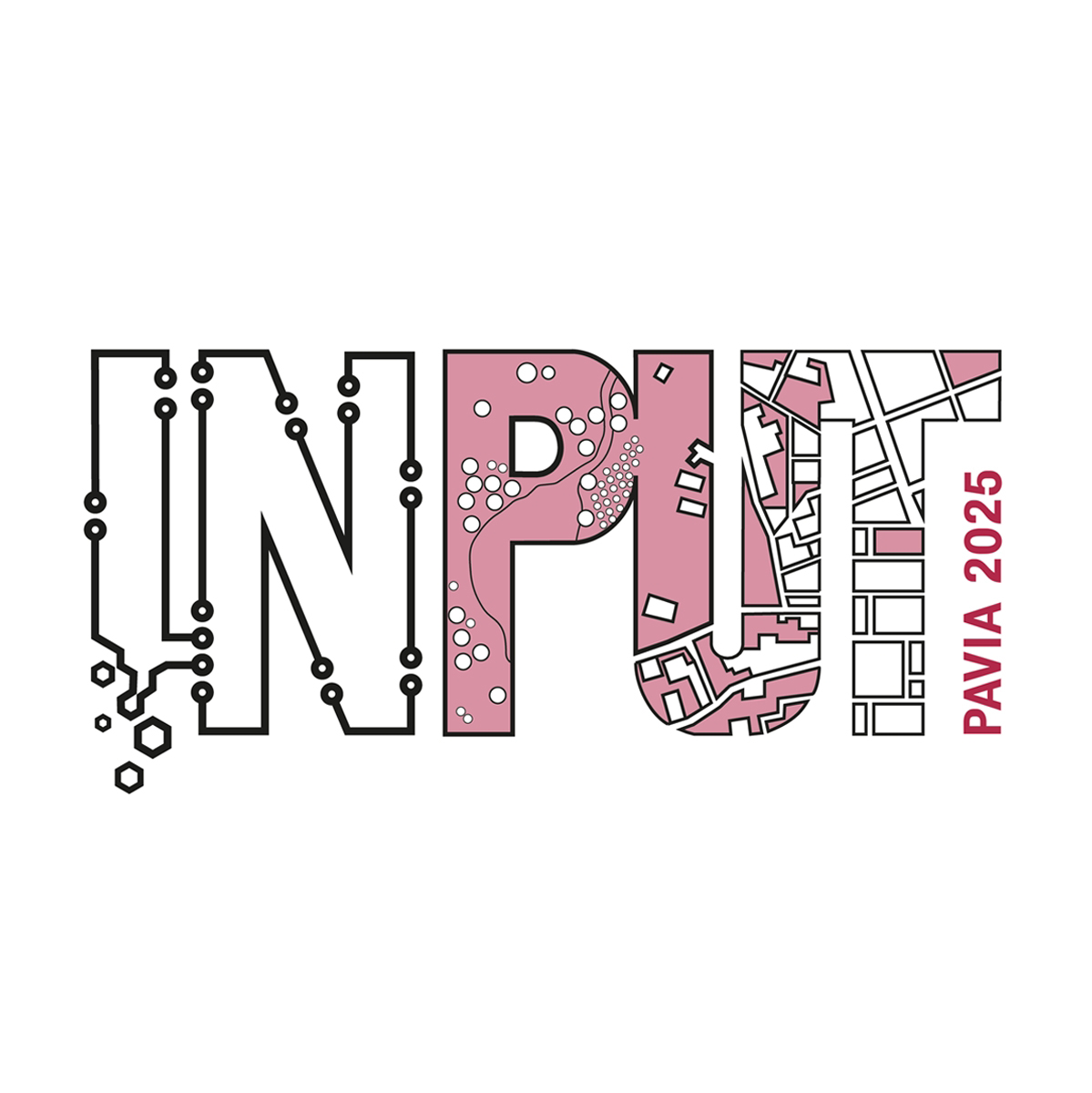Innovations in the 15-Minute-City Approaches: Conceptual, Data-Driven, and Practical Developments Towards a Sustainable Urban Planning
Annunziata Alfonso (University of Basilicata), Basbas Socrates (University of Thessaloniki), Campisi Tiziana (University of Enna “Kore”), Carra Martina (University of Brescia), Caselli Barbara (University of Parma), Cutini Valerio (University of Pisa), Delponte Ilaria (University of Genoa), Garau Chiara (University of Cagliari), Garda Emanuele (University of Bergamo), Mara Federico (University of Pisa), Murgante Beniamino (University of Basilicata), Plaisant Alessandro (University of Sassari), Rossetti Silvia (University of Parma), Torrao Guilhermina (Aston University), and Zamperlin Paola (University of Florence)
Session description: Cities accessible to great part urban amenities within 15 minutes provide a promising way for redesigning the urban system (temporal, spatial, and activity-related) in terms of livability and quality of life. This approach is central to addressing contemporary challenges, including the different initiatives related to the evolution of sustainable urban mobility policies. In addition, walking or biking enhances mental and physical health and reduces urban inequities among residents as it is not dependent on social status and affordability. Creating inclusive access for all also demands that cities enable walkability through social-spatial integration and by avoiding segregation. The 15-minute city model integrates several urban approaches and is vital for developing sustainable cities, even if it is not a new concept. The current strategy to remodel cities aligns with the United Nations Sustainable Development Goals (UN SDGs). The main aim is promoting global development towards universal well-being and the move away from the unsustainable way of life in cities. Applying the “15-minute city” principles can improve the quality of urban planning and policies to create a more sustainable and healthy community, addressing the city’s efficiency and resilience and contributing to climate change mitigation.
Starting from these assumptions, the purpose of this Session is to promote discussions regarding the concept and its application in urban planning. Although contributions are expected to focus on the use of data-driven tools to evaluate the 15-minute city dynamics and design, the Session is also open to discussions about forthcoming conceptual and practical developments for the theme, by considering (but is not limited) these three main thematic sub-themes:
- Conceptual development for the minute-city approach;
- Urban design for the 15 minute-city – Morphological approaches for identifying the 15 minute-city spaces – Pedestrian and Cycling planning and practices towards sustainable mobility;
- Data-driven analysis for the 15 minute-city – Spatial analysis and digital twins for replicating the minute-city – time and place – Functional analysis for identifying living centers and optimal economic activities distribution within the 15 minute-city – Configurational analysis to highlight movement dynamics within the 15-minute city context.
Keywords: 15 minute-city, data-driven analysis, urban growth, digital twins, walkability and cycling, configurational analysis
